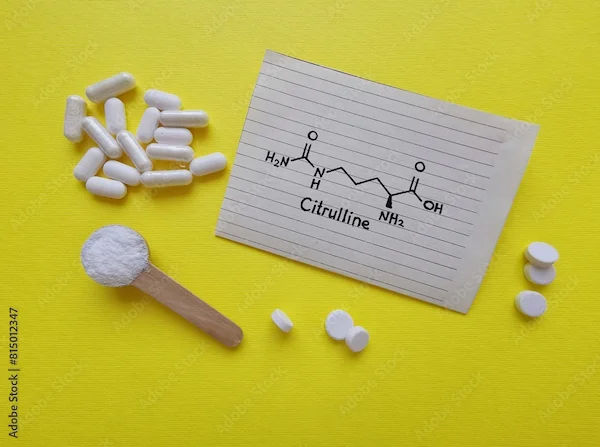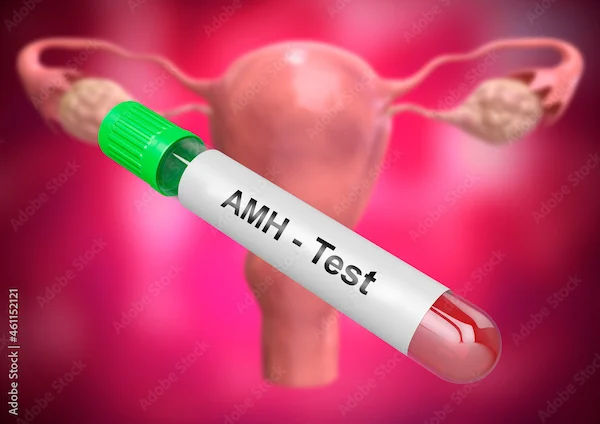How to Reduce Serum Creatinine?
Learn how to reduce serum creatinine levels naturally with diet tips, lifestyle changes, and home remedies. Support kidney health and manage high creatinine effectively.

Written by
Last updated on 3rd Jul, 2025
If you’ve recently been told that your serum creatinine levels are high, you might be feeling worried or confused. There are ways to manage and even reduce these levels with the right lifestyle changes and medical guidance. In this article, we’ll explore what creatinine is, why high levels can be concerning, and most importantly, what you can do to bring them down naturally.
What is Serum Creatinine?
Creatinine is a waste product that forms when your muscles break down creatine, a substance used for energy. Your kidneys filter creatinine out of your blood and remove it through urine. A serum creatinine test measures how much creatinine is in your blood. High levels may indicate that your kidneys aren’t working as well as they should.
What Causes High Creatinine Levels?
Several factors can lead to increased creatinine levels, including:
Kidney problems: Conditions like chronic kidney disease or acute kidney injury can lead to high creatinine levels.
Dehydration: Not drinking enough water concentrates creatinine in the blood.
High-protein diets: Excessive meat intake can increase creatinine production.
Certain medications: Drugs like NSAIDs, some antibiotics, and blood pressure meds may impair kidney function.
Intense exercise: Vigorous workouts can temporarily raise creatinine due to muscle breakdown.
Infections or illnesses: Health issues affecting the kidneys can disrupt waste filtration and raise creatinine levels.
Symptoms of High Creatinine
Some people with elevated creatinine may not notice symptoms, but others might experience:
Fatigue or weakness
Swelling in the feet, ankles, or face (edema)
Changes in urination (less urine, dark-colored urine, or foamy urine)
Shortness of breath
Nausea or loss of appetite
Consult Top Nephrologist
How to Lower Serum Creatinine Naturally?
While severe cases may need medical treatment, mild to moderate increases can often be managed with lifestyle changes. Some of the lifestyle changes include:
1. Stay Hydrated
Drinking enough water helps your kidneys flush out waste, including creatinine.
Aim for 8-10 glasses of water daily, unless your doctor advises otherwise.
2. Eat a Kidney-Friendly Diet
Reduce protein intake, especially red meat, poultry, and dairy.
Limit salt and processed foods to prevent high blood pressure, which strains kidneys.
Choose plant-based proteins like lentils, beans, and tofu.
Eat more fibre-rich foods like fruits, vegetables, and whole grains to help remove toxins.
3. Avoid Overuse of NSAIDs
Painkillers like ibuprofen or naproxen can harm kidney function if taken too often.
Opt for safer alternatives like paracetamol after consulting your doctor.
4. Exercise Moderately
Intense workouts can temporarily raise creatinine levels.
Stick to low-impact exercises (walking, swimming, yoga) to stay active without overworking your kidneys.
5. Manage Blood Pressure & Diabetes
High blood pressure and uncontrolled diabetes can damage kidneys over time.
Monitor your levels regularly and follow your doctor’s advice on medications and diet.
6. Try Herbal Remedies
Some herbs like nettle leaf, dandelion root, and chamomile may support kidney health.
Always check with your doctor before trying supplements, as some can interact with medications.
7. Quit Smoking & Limit Alcohol
Smoking reduces blood flow to the kidneys, worsening function.
Excessive alcohol dehydrates the body and puts extra stress on kidneys.
When to Consult a Doctor?
If lifestyle changes don’t lower your creatinine levels, or if you experience symptoms like:
Severe swelling
Extreme fatigue
Difficulty urinating
High blood pressure
It’s important to consult a nephrologist (kidney specialist) for further tests and treatment.
Can Medications Help?
In some cases, doctors may prescribe medications to:
Control blood pressure with ACE inhibitors or ARBs.
Treat underlying conditions like diabetes or infections.
Helps remove excess creatinine, but in severe cases, dialysis may be needed.
Never self-medicate—always follow your doctor’s advice.
Conclusion
High creatinine levels can be a warning sign, but with the right approach, you can take steps to improve your kidney health. A balanced diet, proper hydration, and regular monitoring play a key role in supporting kidney function. Early detection combined with healthy lifestyle changes can slow progression and improve overall well-being. It's important to stay informed and consult a healthcare professional for personalised guidance.
Consult Top Nephrologist
Consult Top Nephrologist

Dr. Kity Sarkar
Nephrologist
15 Years • MBBS,MD(Genl. Med.), DrNB(NEPHROLOGY)
Kolkata
Dr. Kity Sarkar's Clinic, Kolkata

Dr. Pardha Saradhi
Nephrologist
9 Years • MBBS, MD-DNB (Gen. Med.), DNB (Nephro)
Hyderabad
Apollo Hospitals D R D O kanchanbagh, Hyderabad
(50+ Patients)
Dr Ch Sashidhar
Nephrologist
20 Years • MBBS, MD General Medicine, DNB, Nephrology
Secunderabad
Apollo Hospitals Secunderabad, Secunderabad

Dr. Manju Kamal
Nephrologist
12 Years • MBBS,MD(General Medicine), DNB,DM(Nephrology)
Angamaly
Apollo Hospitals Karukutty, Angamaly

D. Akshay Zalavadiya
Nephrologist
3 Years • MBBS, MD, DM Nephrology
Ahmedabad
Beacon kidney consult, Ahmedabad
Consult Top Nephrologist

Dr. Kity Sarkar
Nephrologist
15 Years • MBBS,MD(Genl. Med.), DrNB(NEPHROLOGY)
Kolkata
Dr. Kity Sarkar's Clinic, Kolkata

Dr. Pardha Saradhi
Nephrologist
9 Years • MBBS, MD-DNB (Gen. Med.), DNB (Nephro)
Hyderabad
Apollo Hospitals D R D O kanchanbagh, Hyderabad
(50+ Patients)
Dr Ch Sashidhar
Nephrologist
20 Years • MBBS, MD General Medicine, DNB, Nephrology
Secunderabad
Apollo Hospitals Secunderabad, Secunderabad

Dr. Manju Kamal
Nephrologist
12 Years • MBBS,MD(General Medicine), DNB,DM(Nephrology)
Angamaly
Apollo Hospitals Karukutty, Angamaly

D. Akshay Zalavadiya
Nephrologist
3 Years • MBBS, MD, DM Nephrology
Ahmedabad
Beacon kidney consult, Ahmedabad



